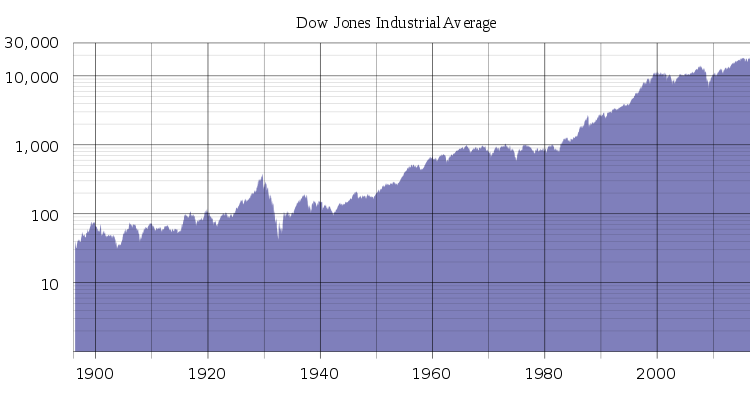Epic Games and Spotify lead the charge against Apple’s tight grip on app distribution.
- Apple’s control over the App Store is weakening in Europe due to new regulations.
- Epic Games is launching an alternative app store for iPhone users in Europe.
- Spotify is now directing users to its website for subscriptions, bypassing App Store fees.
- The changes are a result of the EU’s Digital Markets Act aimed at increasing competition.
- Apple’s services unit generated $85.2 billion in sales in the 2023 fiscal year.
- Epic Games and Spotify have long criticized Apple’s App Store policies.
- Apple faces similar pressures in the U.S. following a lawsuit from Epic Games.
- The U.S. Justice Department has also sued Apple for alleged antitrust violations.
- Apple has made some concessions in Europe but developers feel they are insufficient.
- The EU could impose fines on Apple if it determines the company violated competition rules.
In a significant shift, Apple’s long-standing control over its App Store is beginning to loosen in Europe, thanks to new regulatory measures. Epic Games, the creator of ‘Fortnite’, announced the launch of an alternative app store for iPhone users in Europe, marking a pivotal moment in the battle against Apple’s dominance. Meanwhile, Spotify has started directing European users of its iOS app to its website for subscription sign-ups, a move previously restricted by Apple. nnThese changes are largely driven by the EU’s Digital Markets Act, which aims to foster competition among major tech companies. Apple has also indicated plans to allow developers in the U.S. and other regions to implement secure contactless payments through their apps, a concession made to resolve an EU antitrust case. nnThis regulatory wave is opening Apple’s ecosystem to outside developers, enabling them to bypass some of Apple’s controls and fees. Historically, Apple has defended its App Store policies as essential for user privacy and security, which have also proven lucrative, generating $85.2 billion in sales in the last fiscal year. nnEpic’s new app store will initially feature three games: ‘Fortnite’, ‘Fall Guys’, and ‘Rocket League Sideswipe’, and will also be available through other alternative app stores in Europe. However, Epic has noted that it cannot offer this store outside Europe due to Apple’s restrictions. nnBoth Epic and Spotify have been vocal critics of Apple’s App Store practices, claiming that the company imposes unfair rules and takes a significant cut of developers’ revenue. Epic’s conflict with Apple escalated in 2020 when ‘Fortnite’ was removed from both Apple and Google’s app stores after Epic attempted to bypass the standard 30% fee on in-app purchases. nnIn the U.S., Apple is under pressure as well, facing a lawsuit from Epic that has led to demands for allowing developers to process purchases outside the App Store. However, Apple’s proposed compliance has drawn criticism for still imposing high fees. A federal judge is currently scrutinizing Apple’s adherence to the court’s ruling in this case. nnAdditionally, the U.S. Justice Department has filed a lawsuit against Apple, alleging violations of antitrust laws by making it difficult for third-party developers to integrate with the iPhone. Apple has vowed to defend itself against these allegations. nnWhile Apple has made some adjustments in response to European regulations, developers like Spotify feel these changes fall short. Spotify has begun sharing subscription pricing information in its app but still cannot allow direct subscriptions due to the fees imposed by Apple. nnThe EU has been proactive in regulating tech companies, and Apple could face fines of up to 10% of its global revenue if found in violation of competition laws. Apple maintains that it is committed to complying with regulations and continues to engage with developers and regulators.·
Factuality Level: 8
Factuality Justification: The article provides a detailed overview of the current regulatory landscape affecting Apple and its competitors in Europe, including specific examples and quotes from relevant stakeholders. While it presents a mostly factual account, there are minor instances of bias in the portrayal of Apple’s actions and the implications of the regulations, which slightly detracts from its overall objectivity.·
Noise Level: 8
Noise Justification: The article provides a detailed analysis of the regulatory changes affecting Apple and the implications for competition in the app ecosystem. It discusses the actions of Epic Games and Spotify in response to these regulations, holding powerful companies accountable for their practices. The article is well-supported by evidence, including specific examples of legal actions and regulatory changes, and it stays focused on the topic without diverging into unrelated areas.·
Public Companies: Apple (AAPL), Spotify (), Meta ()
Private Companies: Epic Games
Key People: Tim Sweeney (CEO of Epic Games), Yvonne Gonzalez Rogers (U.S. federal judge)
Financial Relevance: Yes
Financial Markets Impacted: The article discusses regulatory changes affecting Apple and Epic Games, which could impact their stock prices and market positions.
Financial Rating Justification: The article focuses on significant regulatory developments in Europe and the U.S. that affect major technology companies like Apple and Epic Games, which are directly tied to financial performance and market dynamics.·
Presence Of Extreme Event: No
Nature Of Extreme Event: No
Impact Rating Of The Extreme Event: No
Extreme Rating Justification: The article discusses regulatory changes and business developments regarding Apple and Epic Games, but does not mention any extreme events that occurred in the last 48 hours.·
Move Size: No market move size mentioned.
Sector: Technology
Direction: Down
Magnitude: Large
Affected Instruments: Stocks
 www.wsj.com
www.wsj.com 




